Social, verbal, physical? How to spot what kind of learner your child really is

Encouraging your child to care about schoolwork, homework, or exams is a fight hard fought, and (if we're being honest) one that all parents unite in.
And, while it’s frustrating, no amount of empty parent threats will work (you know the kind; no internet, you’re grounded, no devices etc) but if you can identify HOW your child or teen learns and work with them on that level, then you're winning half the battle, especially if you're attempting to home school for the first time.
We speak to the experts at MyTutor to reveal the different learning styles and how to get the best from them.
1. The logical learner
If your child has a natural aptitude for maths, harbours a secret love of science, and has always excelled in the architectural delights of Lego, then everything makes sense if it’s in a logical order.
If you find your kid uttering phrases like, ‘lets make a list’, ‘we can work this out’ or ‘there’s no logic’ then they may be a logical learner.
For these sorts of learners, they like to understand the reasons behind the content and skill, they like categorising and sequencing different pools of information can help them break things down into systems they can remember.
2. The social learner
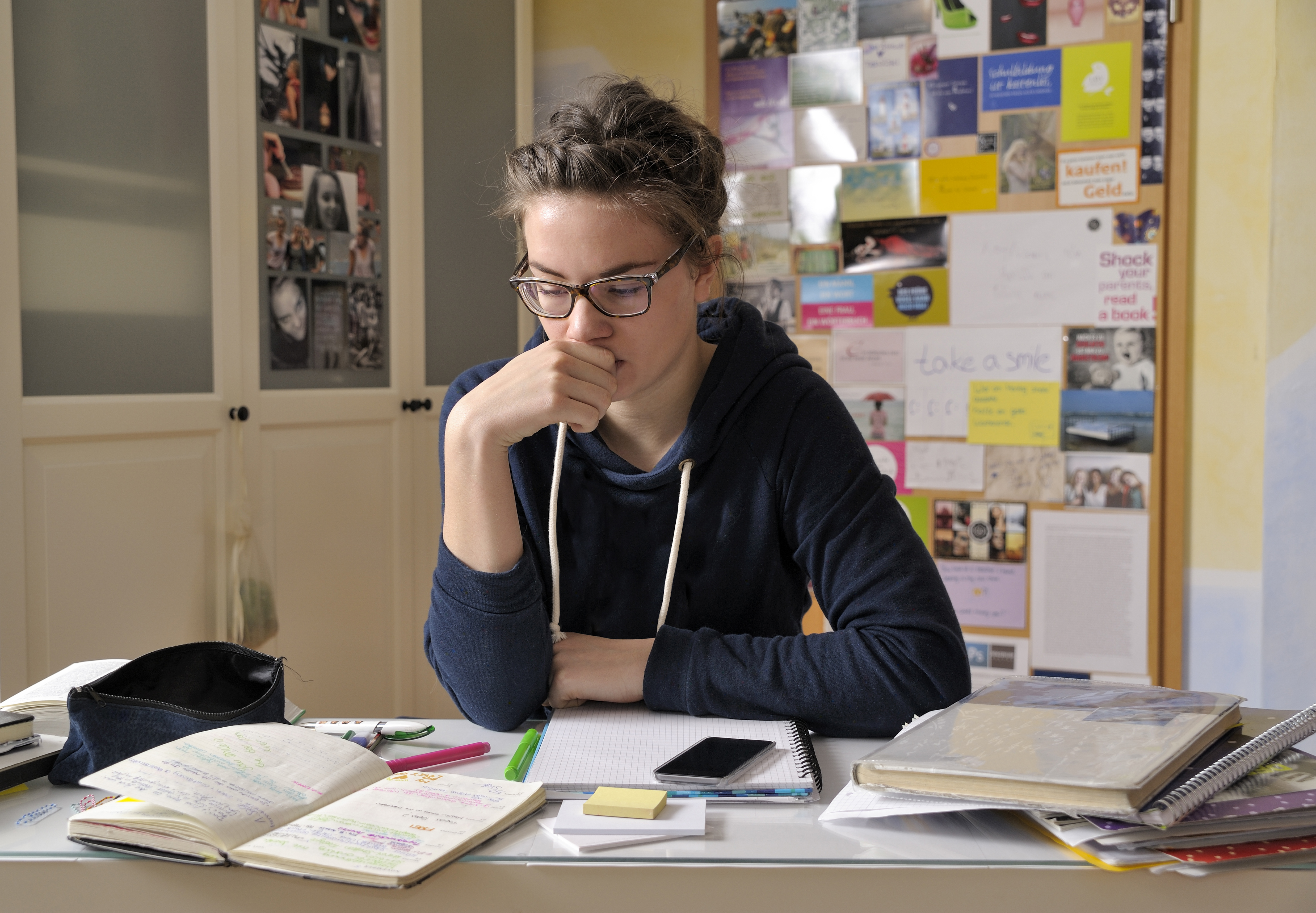
If your child is always the last one to leave school or social gathering because they’ve hung back chatting, or if they love taking part in team sports then they could be a social learner.
GoodtoKnow Newsletter
Parenting advice, hot topics, best buys and family finance tips delivered straight to your inbox.
Some kids can go into themselves when they struggle with a problem, but social learners do the opposite, they’re vocal and love to discuss what they’re learning.
These discussions could be with peers or adults. They learn best by chatting it all through, whether in the classroom, small ‘study groups’ after school or in a pair with a friend.
If they find topics tricky or needs some extra help, one-to-one tutoring can be perfect for social learners as it give them the undivided attention they crave for open discussion.
3. The visual learner
If your son or daughter is great with a map and has an amazing sense of direction, as well as a love (and skill) of doodling then they may be a natural visual learner.
Visual learners understand things best simply by looking, if they can translate information into diagrams, illustrations or mind maps then it can help them remember what can seem like the trickiest topics.
That could mean drawing quick illustrations next to words when language learning, or creating a visual timeline to remember historical dates and events.
4. The verbal learner
Reading aloud and writing is a passion with these types of learners, as well as a natural fascination with languages. If you see these characteristics in your teen then they may be a verbal learner.
This means that when it comes to tests and revision, they can memorise things by using rhymes, acronyms, and other word games to remember numbers, sums, languages, dates and anything else they need to learn.
Read more: Tips on how to deal with exam stress
5. The physical (or kinaesthetic) learner
These guys can not sit still. If your teen can’t make it through a film without fidgeting moving or just blatantly losing interest and walking away, then they may be a physical learner.
These learners remember things best when their bodies are engaged – not just their minds. Sitting still can be particularly hard for physical learners, and often they’ll have a sporty side too.
For optimised learning weave in activities such as practical experiments for subjects like Biology and Chemistry, great for knowledge to really sink in.
When it comes to written subjects such as English, History, Politics or languages, highlighting, note-taking and making flashcards can help them engage better and remember.
6. The solitary learner

If your teen keeps a diary, prefers to spend time alone has a strong sense of self and are highly dependent they may be a solitary learners.
Solitary learners study best on their own where they have the space to fully focus and think deeply about what they’re learning.
If this sounds like your teen, it’s extra helpful for them to have a desk in a quiet corner of their house where they can knuckle down.
The school library or public library a really useful place for them can also be if they want to get out of the house.
READ MORE: The best FREE educational resources online and tips for homeschooling
7. The auditory learner

Auditor learners like to talk about what to do, about the pros and cons of a situation. They enjoy listening but cannot wait to get a chance to talk, they like to hear themselves and others talk.
They tend to remember names but forget faces and are easily distracted by sounds.
This learning style lends itself well to classroom learning, as well as audiobooks and podcasts in their own time.
They could try recording lists of quotations for English Lit and vocabulary for French and Spanish before listening back to soak in the knowledge.
Stephanie has been a journalist since 2008, she is a true dynamo in the world of women's lifestyle and family content. From child development and psychology to delicious recipes, interior inspiration, and fun-packed kids' activities, she covers it all with flair. Whether it's the emotional journey of matrescence, the mental juggling act of being the default parent, or breaking the cycle of parenting patterns, Stephanie knows it inside out backed by her studies in child psychology. Stephanie lives in Kent with her husband and son, Ted. Just keeping on top of school emails/fundraisers/non-uniform days/packed lunches is her second full-time job.
-
 How long is the school summer holiday in the UK?
How long is the school summer holiday in the UK?Too long is not officially the right answer...
By Heidi Scrimgeour
-
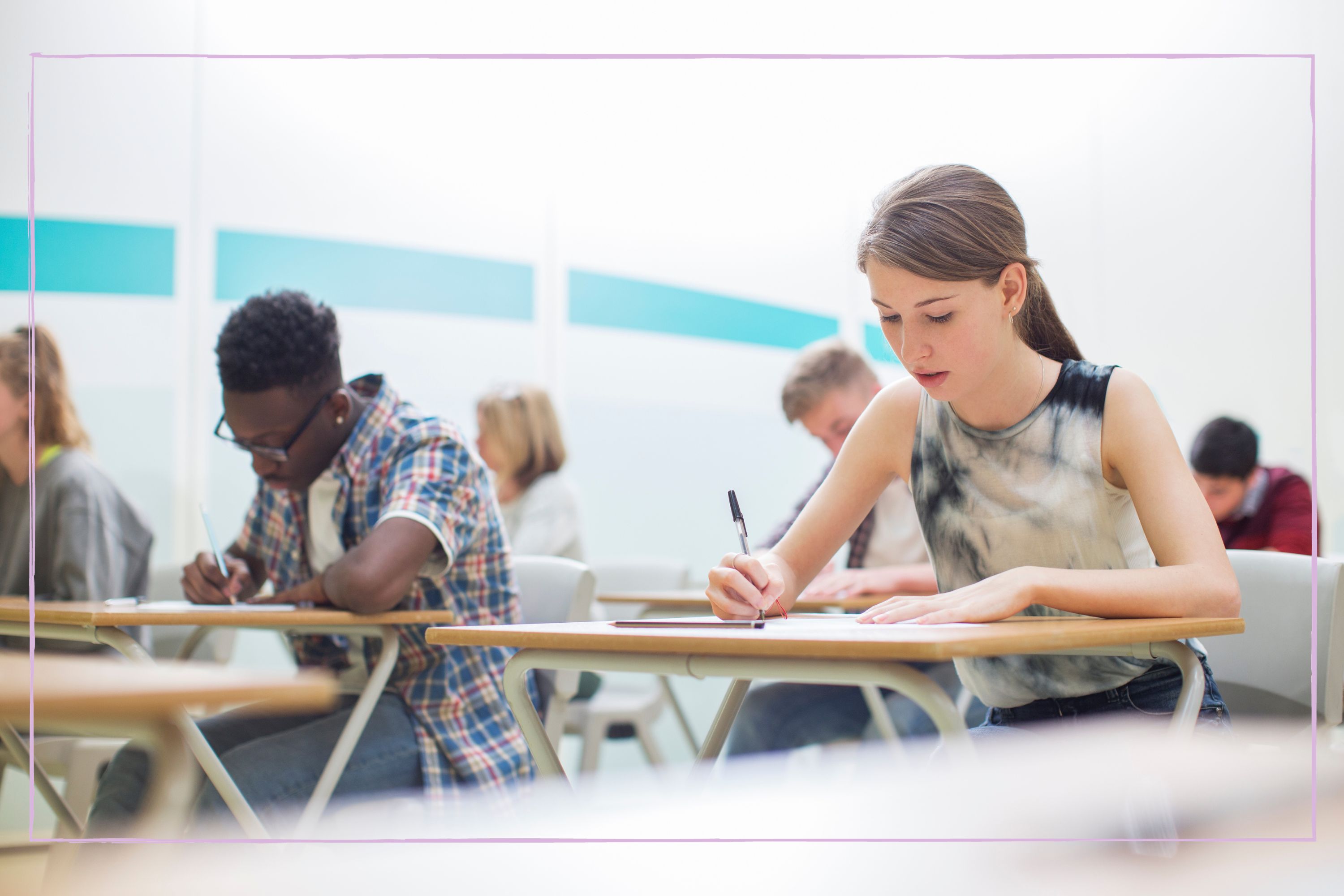 Results Day 2024: what's next for A-levels under the Labour government?
Results Day 2024: what's next for A-levels under the Labour government?The current government intends to keep A-levels while also continuing to support and expand T Levels
By Tanith Carey
-
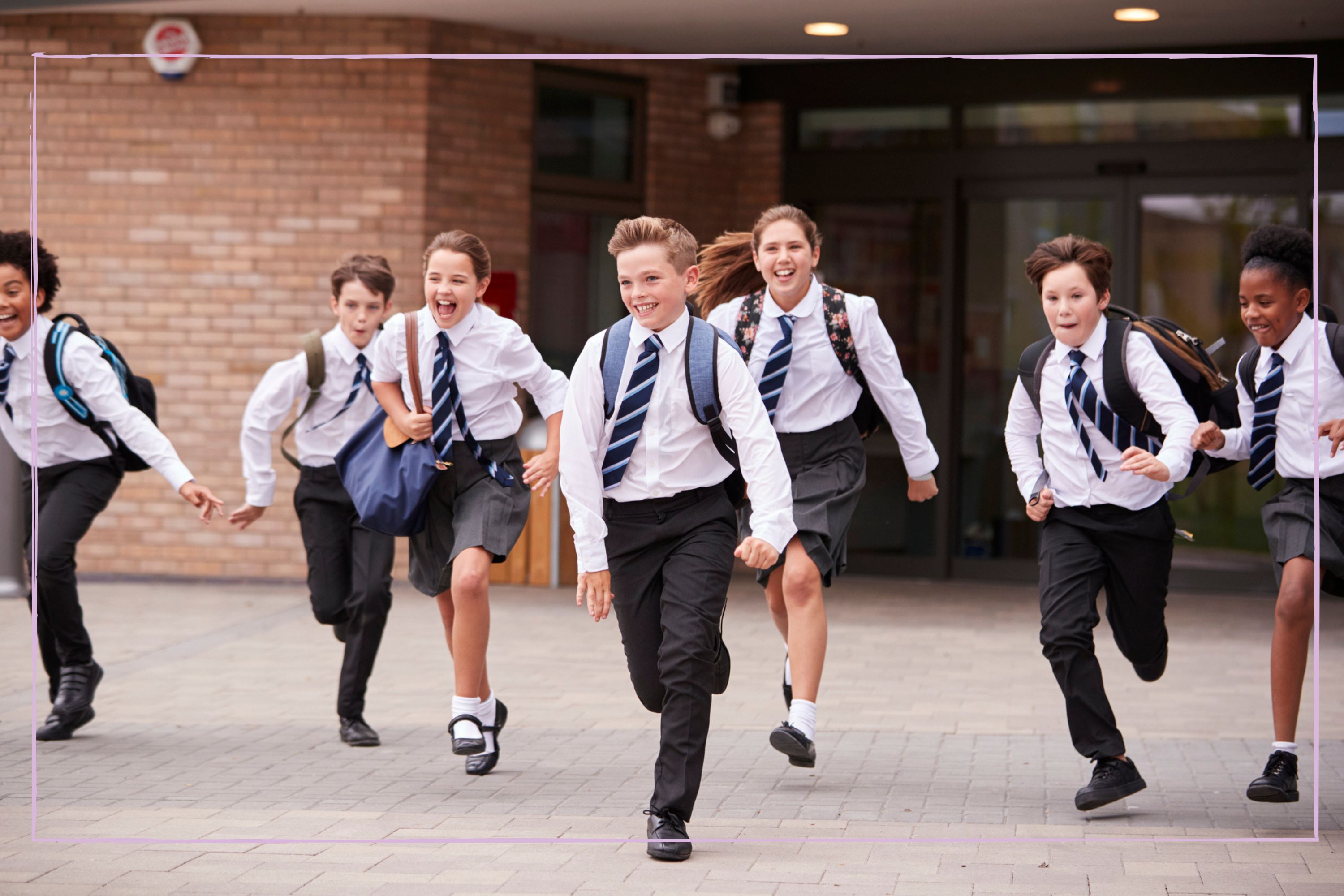 School terms 2024: Holiday and term dates across the country
School terms 2024: Holiday and term dates across the countryWe have those all-important school term dates for the remainder of the year, to make sure your calendar is up-to-date with the latest information.
By Ellie Hutchings
-
 How to add your Clearing choice to UCAS
How to add your Clearing choice to UCASFind out how to appeal A-level results and when does clearing open with this helpful guide to get you through results day
By Heidi Scrimgeour
-
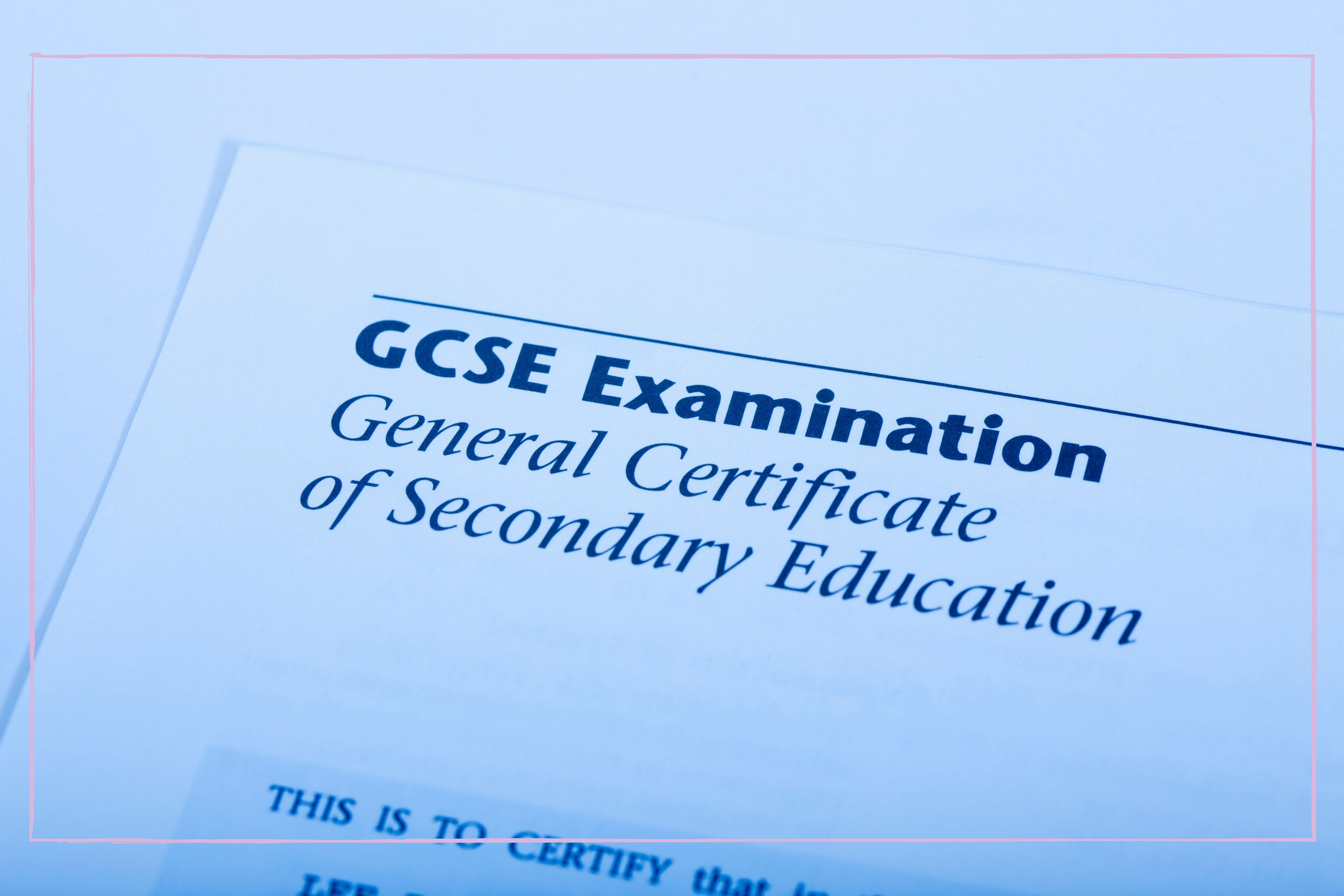 GCSE results 2024: When are GCSE certificates issued?
GCSE results 2024: When are GCSE certificates issued?GCSE results are a nerve-wracking time, but once out the way you might find yourself asking when are GCSE certificates issued?
By Heidi Scrimgeour
-
 From tears to Tariff points, here's a parent's guide to what to expect on A-level results day
From tears to Tariff points, here's a parent's guide to what to expect on A-level results dayWhat to expect on A-level results day, how to understand their results and what to do if they didn't get what they wanted
By Tanith Carey
-
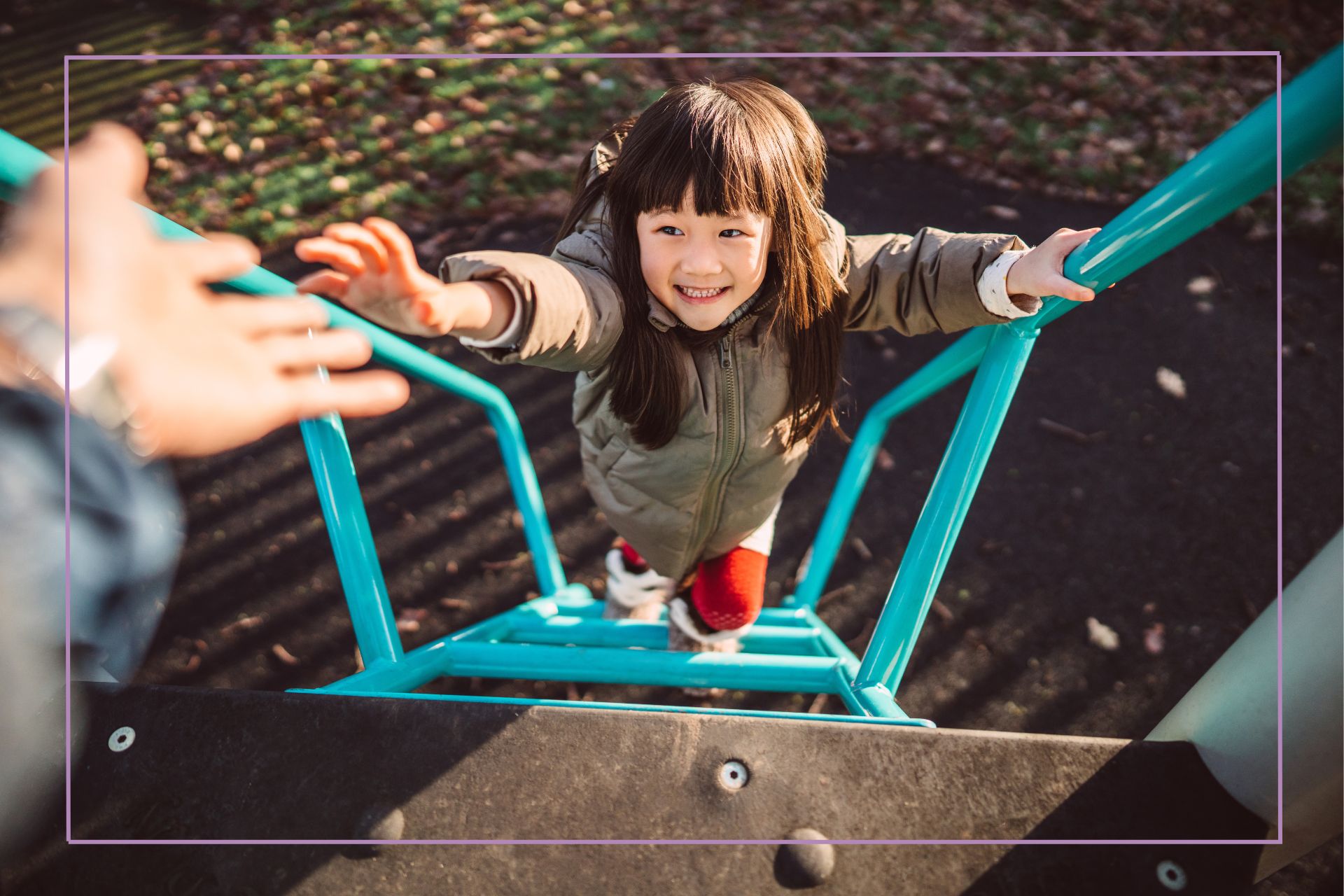 70 things to do with kids and how to entertain them (we've found the best and cheapest activities to try)
70 things to do with kids and how to entertain them (we've found the best and cheapest activities to try)Entertaining your kids in the holidays can be a tricky business.
By Stephanie Lowe
-
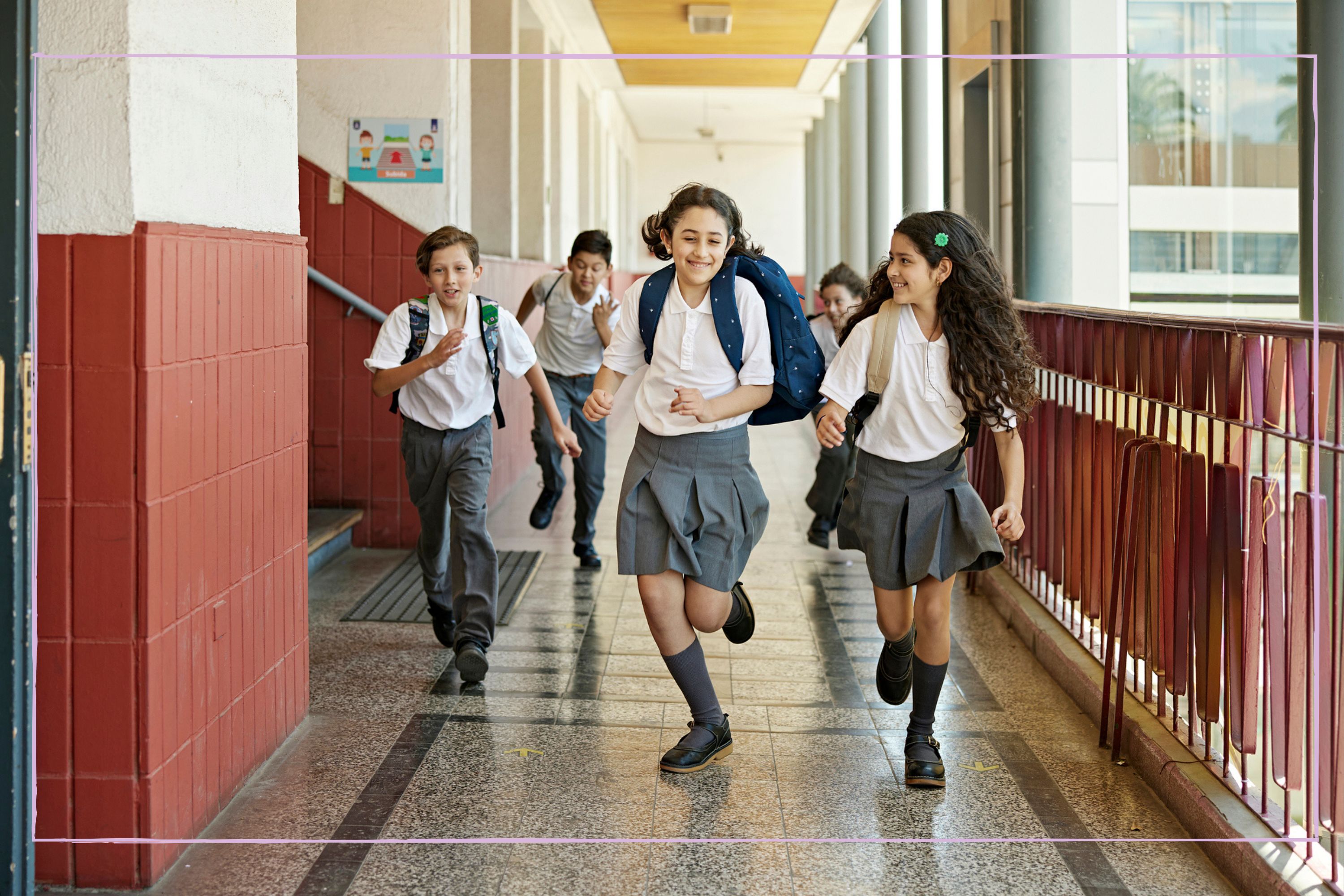 When do kids break up from school? Summer holidays 2024
When do kids break up from school? Summer holidays 2024When do kids break up from school for the summer? As we head into the final weeks before the long break, we have the key dates you need to know about.
By Emily Stedman